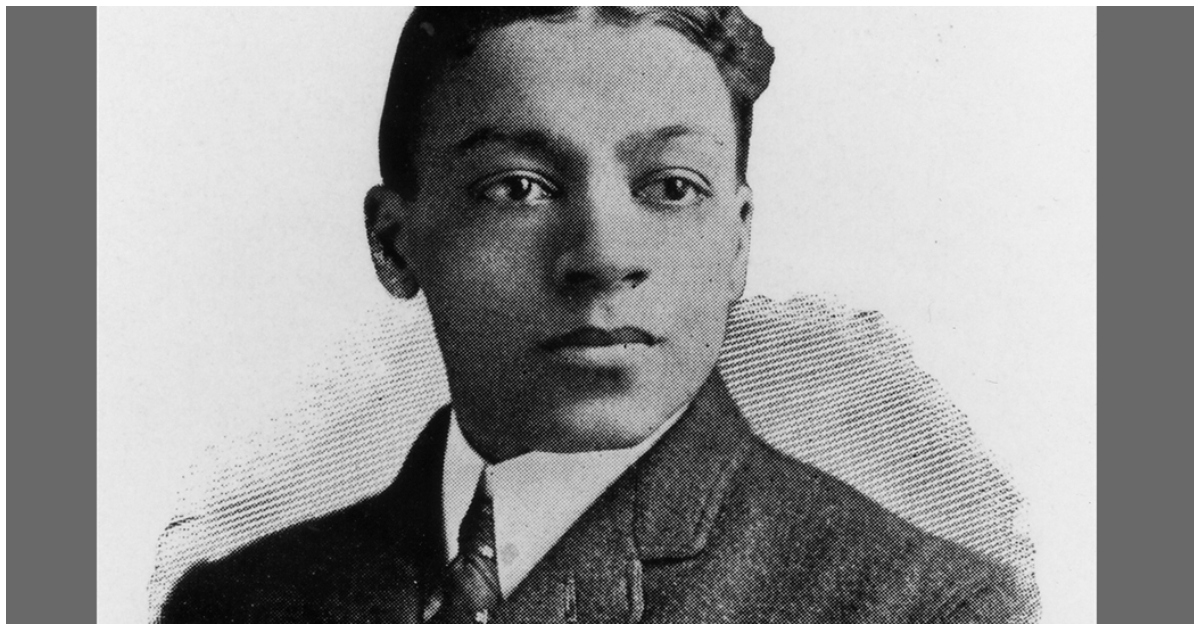Calvin Waller became Penn State’s first African American graduate in June 1905. His graduation marked the beginning of diversity at the university, setting the stage for future generations of Black students. Waller’s presence wasn’t just symbolic; he actively shaped the university’s culture and left a lasting legacy of Black excellence.
Penn State’s First Black Graduate
Calvin Waller enrolled at Penn State in 1899 and spent six years completing his studies. At a time when many institutions were resistant to Black students, Penn State was more accepting of his presence. Former Penn State president George Atherton even mentioned Waller in a letter to Booker T. Washington, praising his abilities and predicting a successful future for him.
“What was kind of cool about him was a lot of schools, that first African American became an issue, right?” said Darryl Daisey, researcher for Penn State African American Chronicles. Waller’s enrollment was peaceful, and he became a well-liked figure on campus, making history by quietly breaking social barriers.
A Legacy of Leadership and Academic Excellence
Calvin Waller wasn’t just Penn State’s first Black graduate; he was an active leader on campus. He served as president of the Glee Club, associate editor of the university yearbook La Vie, and participated in various intramural sports teams.
“He left quite a legacy,” said Nashormeh Lindo, a Penn State doctoral student. Lindo noted how Waller’s achievements paved the way for other Black pioneers at the university, including Richard Mayhew, the first Black tenured faculty member in the School of Visual Arts, and B. Stephen Carpenter II, the first African American dean of the College of Arts and Architecture. These accomplishments emphasize how Waller’s journey laid the foundation for future generations.
Impact Beyond the Classroom
Waller’s success didn’t stop at graduation. After leaving Penn State, he became a leader in agricultural education, heading the agriculture department at Prairie View A&M University in Texas. Waller dedicated his life to elevating Black farmers in the South, working to improve crop production and uplift communities. His legacy of empowerment extended far beyond the university’s walls.
“He wasn’t a civil rights advocate, but he was all about elevating his people,” Daisey explained. Waller’s contribution to agriculture is another testament to his commitment to Black excellence and leadership.
Pioneering a Path for Future Black Scholars
Calvin Waller’s achievement opened doors for future Black students at Penn State and beyond. Though segregation wasn’t in place when Waller attended, his life wasn’t without challenges. Being from the South, he likely faced discrimination, particularly in accessing certain places downtown. Despite these obstacles, Waller persevered and became a role model for Black students who came after him.
Between 1905 and 1925, eight Black students enrolled at Penn State, making strides in science, mathematics, and society. Waller’s efforts created opportunities for future legends like Cumberland Posey, a multi-sport athlete who was later inducted into the Baseball and Basketball Hall of Fame.
As Daisey noted, “Waller certainly started the tradition of excellence.”
The Continuing Importance of Representation
Today, Calvin Waller’s legacy continues to inspire. His presence as Penn State’s first Black graduate highlights the importance of representation in higher education. As Nashormeh Lindo reflected, “It’s important for young people to see themselves reflected in the culture and see the kinds of contributions that have been made.”
Waller’s success story emphasizes that the challenges faced by Black students over a century ago have led to a legacy of leadership, excellence, and empowerment. His journey as a trailblazer remains a key part of Penn State’s history, shaping the future for countless students.





